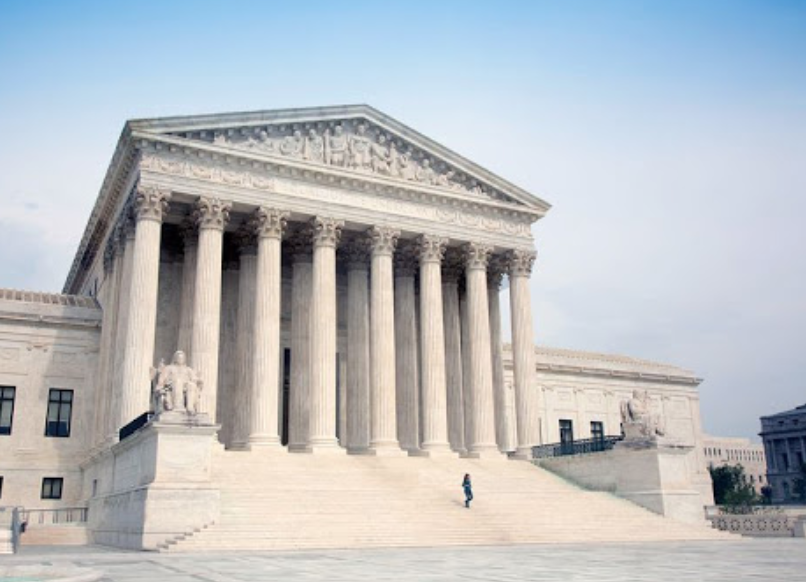As some LGBTQs (and mostly the straights that like to orbit their world) are celebrating the “landmark” decision made by the Supreme Court on June 15th regarding the case of Bostock v. Clayton County, Georgia, others are scratching their heads as to why this overt smoke and mirrors distraction from the recent repeal of health protections for trans people is being so celebrated. Or why it would even need to be argued in the first place when it’s already implicit in the language of the Civil Rights Act of 1964 to begin with. And even if the public has ostensibly reached a point where they’ve been so maltreated that even the smallest victories that were already technically built into a law without needing to take a case all the way to the Supreme Court serve as a source of excitement, how can the bar for “landmark” legislation be both this low and this late in the game?
What some who are counting the decision as a crucial triumph for the LGBTQ+ community might be missing is that it comes during the advent of an epoch that is both 1) seeing the complete dismantlement of tangible workplace settings as we once knew them, with emphasis still on a future that relies more heavily on remote working and 2) the number of jobs even available at this point is in pathetic line with the recession that has come to roost in the U.S. and beyond. So yeah, it’s something of a slap in the face to LGBTQ+ workers to “give” them rights at a moment in history when the notion of work–how it’s done and what actually constitutes it–is being re-thought entirely. If the future is to be reliant upon separatist work methods anyway, how the hell is it really possible to discriminate against someone who you barely see enough to take note of (unless their “flamboyance” is so bombastic as to easily translate over Zoom)?
Barring even the terrible timing of the “law” (that already existed, if conservatives could understand the so-called fine print), it should be noted that the equal rights of any U.S. citizen was already accounted for in 1868’s Fourteenth Amendment with, “All persons born or naturalized in the United States, and subject to the jurisdiction thereof, are citizens of the United States and of the State wherein they reside. No State shall make or enforce any law which shall abridge the privileges or immunities of citizens of the United States; nor shall any State deprive any person of life, liberty, or property, without due process of law; nor deny to any person within its jurisdiction the equal protection of the laws.” Within the context of this amendment was placed Title VII (Equal Employment Opportunity) of the Civil Rights Act of 1964.
While, no, the old white male powers might not have foreseen that sexual preferences and transsexuality would become “all the rage” after their time, the language of the document is clear nonetheless. And certainly nowhere does it say “except trannies and homos or any non-straight non-white person in between.” So why the need to fucking spell it out for people with a Supreme Court case that feels less landmark and more “no shit, Sherlock”? The landslide votes in favor of Bostock made that sentiment pretty evident.
In the meantime, the Department of Health and Human Services’ finalization of the repeal of including anti-discrimination provisions in Obama’s Affordable Care Act has said something entirely different. Specifically: “HHS will enforce Section 1557 by returning to the government’s interpretation of sex discrimination according to the plain meaning of the word ‘sex’ as male or female and as determined by biology.” So, in direct contrast to the ruling of this case. While some are hopeful the Supreme Court’s decision might counter the latest development in Trump’s dehumanization blitzkrieg, the HHS could still easily argue that health care and workplace sectors are completely different realms, therefore sustaining the repeal on trans provisions.
By this token, a trans person’s body is still not recognized (especially if they can no longer gain easy access to hormone therapy or gender-affirming surgery). All they remain presently seen as in this context is: a “worker.” Another potential drop in the tax coffer. In which case, gender or sexuality surely can’t matter to the government.






















